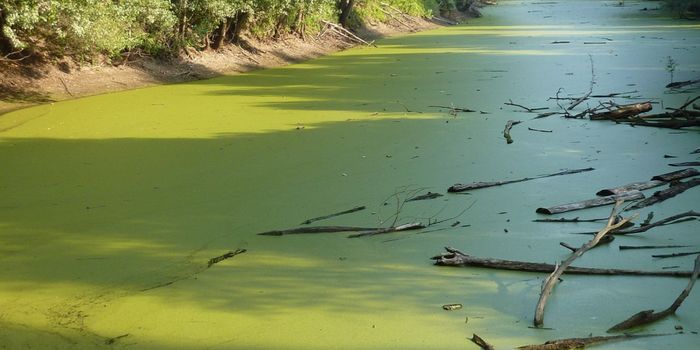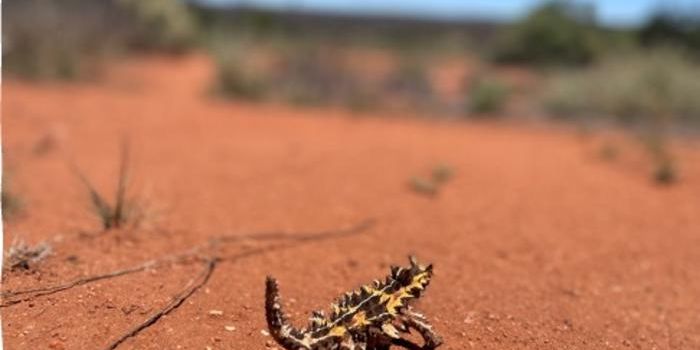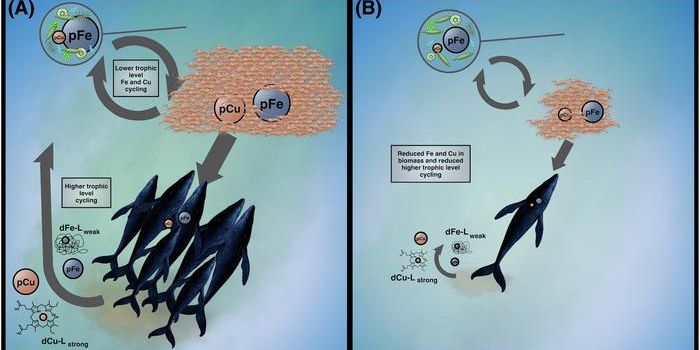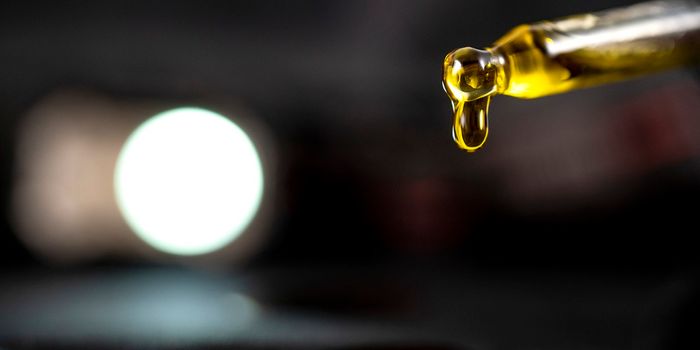Where does Hawai'i's freshwater come from?
A new study published in the journal Hydrological Processes contemplates the origin of Hawai'ian freshwater sources. Led by researchers at the University of Hawai'i at Manoa, the study suggests that rainwater from hurricanes and Kona storms are likely the most significant source of groundwater supply on the island of O'ahu.
Kona storms are a type of seasonal cyclone in the Hawaiian Islands. They usually occur in the winter and bring strong winds and precipitation from the westerly "kona" direction. The UH at Manoa study indicates that the rain from such storms helps to re-supply groundwater in the island archipelago.
"The majority of Hawai'i's freshwater comes from groundwater," said lead author Daniel Dores, who is a groundwater and geothermal researcher at the University of Hawai'i Manoa School of Ocean and Earth Science and Technology. "In this study, we investigated the relationship between trade wind showers, major rainfall events like Kona storms, and groundwater."
"Because windward and mauka showers are so common, it is easy to assume that is the main source of our drinking water," said Dores. "Also, large rainfall events such as Kona storms result in significant runoff into the oceans. However, our research found that a lot of the rain from Kona storms makes it into our groundwater aquifers and is an important source of our drinking water."
Dores and his colleagues from SOEST and the Hawai'i Department of Health looked at the chemical signatures in samples of collected rainfall and groundwater around the island of Oahu. By analyzing the stable isotopes of rainwater, they were able to determine the source of water in the aquifers, differentiating between event-based rainfall and trade wind-related rain.

“We determined seasonal storm events contributed more to aquifer recharge than year‐round baseline orographic trade wind rainfall,” write the authors. “This indicates that the majority of wet season precipitation is from event‐based storms rather than typical trade wind weather.”
Understanding the hydrological cycles of the islands will help improve water management and limit scarcity, especially as precipitation events become more extreme and changes in trade winds intensify. "By better understanding how our groundwater is impacted by these extreme precipitation events, we can better protect the resource itself," said Dores.
Sources: Hydrological Processes, Science Daily








